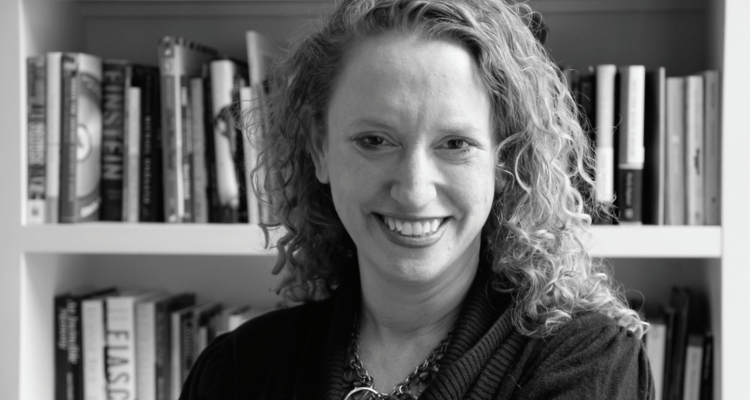The extent of the right to free speech, which is guaranteed in the First Amendment, has been widely disputed in the United States’ ever-changing political climate. Many have fought to draw a clear line as to where freedom of speech ends and begins, but arguments on where that line is continues. In a society where social media dominates and platforms such as twitter are used to say just about anything, should there be a line that citizens are unable to cross? Or does freedom of speech truly mean “all” speech?
Human rights activist Suzanne Nossel is coming to Fairfield University to discuss this issue in a two-part lecture to take place on March 11 and March 26 in the Charles F. Dolan School of Business Dining Room.
Nossel is the CEO of PEN America, which leads the United States in advocating for human rights and freedom of expression. According to PEN America’s website, Nossel has “overseen groundbreaking work on free expression in Hong Kong and China, Myanmar, Eurasia, and the United States.” She has written for countless publications such as The Washington Post, The Los Angeles Times and CNN.
So what exactly is PEN America and why is it important? The organization was established in 1992 in New York City and since then has become a major voice in protecting the rights of people across the world. PEN’s mission says, “We champion the freedom to write, recognizing the power of the word to transform the world. Our mission is to unite writers and their allies to celebrate creative expression and defend the liberties that make it possible.” PEN America seeks to bring together creative thinkers who want to make moves towards social change.
Suzanne Nossel’s lectures at the University will focus around the rights of students and their say in the decisions of their schools. The first lecture is titled “Whose Freedom, Whose Speech: Free Speech in the Era of Donald Trump,” and according to News@Fairfield will take on “current and emerging threats to American free speech, including the rise of the digital age and ideological polarization, and will emphasize the need for vigilance in defending and protecting the First Amendment against these dangers.”
Free speech on college campuses has been a topic of discussion in recent years. Though widely disputed as an inhibitor of free speech, President Donald Trump made headlines for his decision to make an Executive Order to support free speech on college campuses.
The First Amendment in the context of college campuses has become a hot topic recently due to the outbreak of protesting by students on campuses across the country. A recent phenomenon has been students protesting a political figure, journalist or speaker coming to campus that they feel is wrong of their university to allow.
One of the most infamous stories was at Middlebury College in 2017 when an on campus organization invited Charles Murray to speak on his book “The Bell Curve” which argued the hierarchy of one race against another. When Murray arrived a protest was incited in which a professor of the college ended up injured, sparking national attention.
It is stories like this that bring to question what exactly students are allowed to do when they do not agree with the actions of their college or university. Some argue that free speech says that a speaker like Murray should be allowed to speak his truth if invited to, while others think the support of dangerous conversation only makes matters worse for minorities or people of color.
Nossel will discuss the answer to this question along with many others in her lecture on March 11 which is open to the public.


Leave a Reply